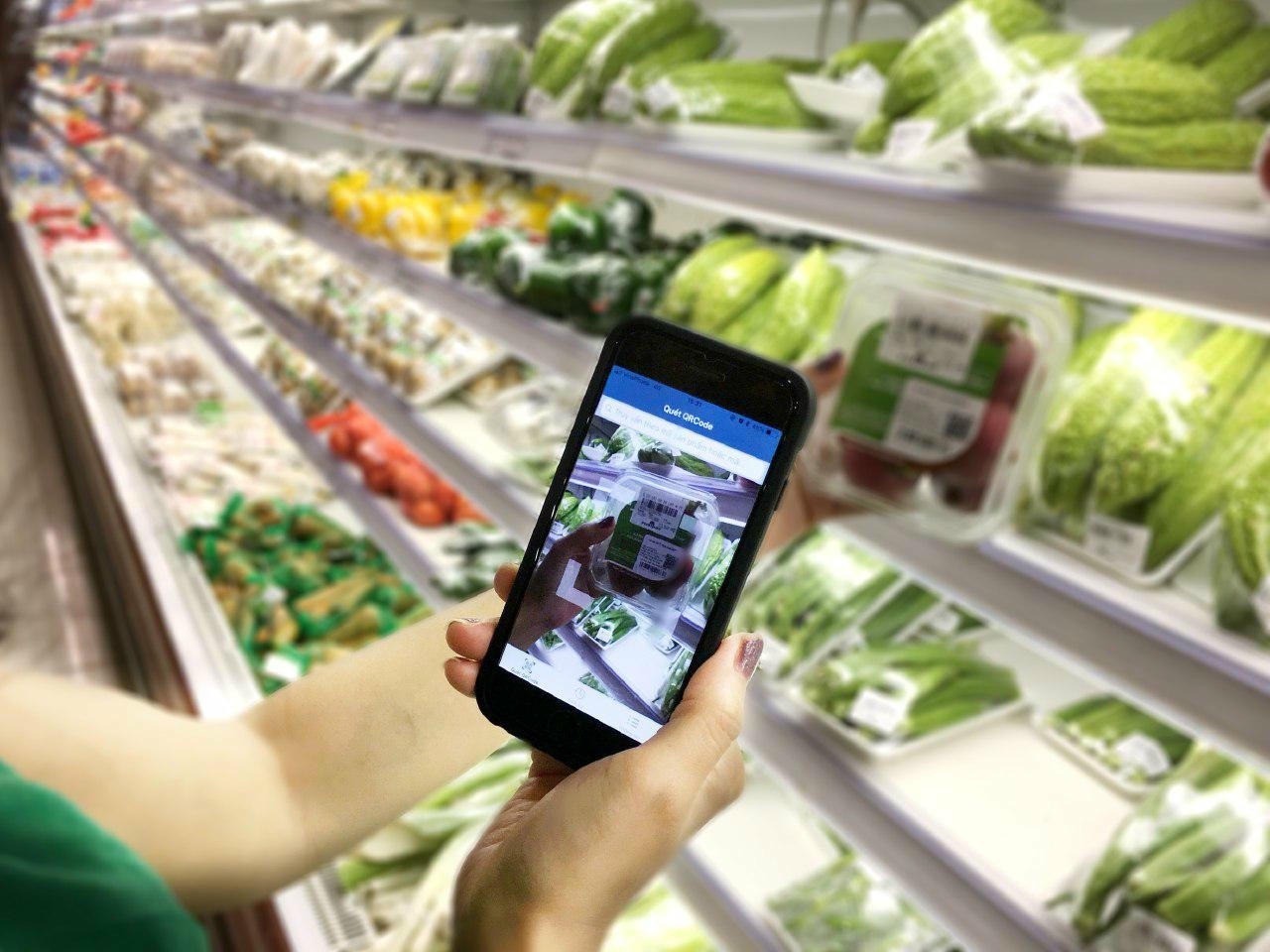
The origin of goods plays an important role.
In the context of consumers increasingly concerned about health and the environment, the trend of green consumption and safe consumption is gradually reshaping the domestic market. However, quality management, identification of green, safe and transparent consumer products in terms of origin is still a big challenge for both management agencies and consumers.
Ms. Le Lan Vy, a doctor at a hospital in Hanoi , shared: “Maybe because of the nature of my work, I pay special attention to the safety and origin of products. Even though the products in supermarkets are more expensive, I still prioritize choosing them because of their clear origin.”
Many consumers also said that they are increasingly changing their habits, prioritizing choosing supermarkets, chain stores or gardeners with transparent certification of the origin of goods.
According to a report by the Association of High-Quality Vietnamese Goods Enterprises, 65% of consumers prioritize products of Vietnamese origin due to national pride and trust in the quality of domestic agricultural products.
However, products from Japan, South Korea and the European Union (EU) are also popular thanks to their reputation for technology and safety standards.
The origin of products is very important nowadays. Because if the product can prove its standards and quality, it will be trusted.
Mr. Ha Duyen Minh - Director of Lotus Khanh Hoa Agarwood Company Limited gave an example of how Vietnam's agarwood products are very valuable, but due to the lack of international standards and the non-transparent supply chain, their value has been greatly affected.
Mr. Minh believes that it is necessary to build a sustainable and transparent supply chain through synchronous solutions such as planning and developing sustainable raw material areas; forming concentrated agarwood growing areas, applying organic farming standards, and controlling quality from nursery to harvest.
"Issuing international certificates such as CITES and FSC (an international standard to certify forests and wood products of sustainable origin - PV) will help Vietnamese agarwood products meet the strict requirements of high-end markets such as the Middle East, Japan and Europe" - Mr. Minh noted.
Building a reliable supply chain
Mr. Bui Quang Hung - Deputy Director of the Trade Promotion Agency ( Ministry of Industry and Trade ) said that in the face of increasingly complex challenges from both domestic and international markets, new requirements such as sustainable development, carbon emission reduction, green transformation and trade digitalization are becoming mandatory standards in many export markets. Vietnamese enterprises that want to maintain their position and continue to expand their international market share have no other choice but to quickly transform themselves to adapt.
On the other hand, the domestic market with a population of over 100 million is a significant growth driver. However, according to Mr. Hung, the exploitation of this potential is still inadequate, as the link between production, distribution and consumption is still fragmented; the domestic supply system is still vulnerable to external fluctuations.
"In that context, strengthening market linkages is the key factor to create seamless flow of goods, reduce intermediate costs and increase added value for products," Mr. Hung emphasized, adding that stabilizing the supply chain is the foundation for businesses to maintain continuous production activities, promptly meet domestic and foreign demand, as well as build solid resilience against external shocks.
According to experts, to have a smooth supply chain, the prerequisite is transparency in the commodity market.
Deputy Director of the Department of Domestic Market Management and Development Bui Nguyen Anh Tuan said that the legal corridor has been formed synchronously. The Law amending and supplementing a number of articles of the Law on Product and Goods Quality, effective from January 1, 2026, adds regulations on traceability and "Digital Product Passport" (DPP), requiring public disclosure of information on traded goods on a digital platform. Along with that is Circular No. 02/2024/TT-BKHCN of the Ministry of Science and Technology regulating the management of traceability of products and goods, creating a foundation for market transparency.
According to the roadmap for the period 2026 - 2028, 100% of e-commerce platforms and supermarkets must display DPP/QR; high-risk goods such as fresh food, pharmaceuticals, cosmetics, fertilizers, gasoline, electronics... must be traceable; market management forces will check entirely on a digital platform. A national traceability portal will also be built...
To realize this, Mr. Tuan proposed that it is necessary to perfect institutional and data standards; build digital infrastructure and a national traceability platform; manage according to risk levels, and apply them to high-risk goods; equip market managers with real-time reconciliation applications, integrate violation databases, and share inter-sectoral warnings; communicate through the program "Scan to know - Buy standard goods"; support the digitization of the One Commune One Product Program (OCOP), cooperatives, and business households...
Source: https://baolaocai.vn/minh-bach-xuat-xu-hang-hoa-mat-xich-quan-trong-trong-chuoi-phan-phoi-post882809.html






![[Photo] Closing of the 1st Congress of Party Delegates of Central Party Agencies](https://vphoto.vietnam.vn/thumb/1200x675/vietnam/resource/IMAGE/2025/9/24/b419f67738854f85bad6dbefa40f3040)

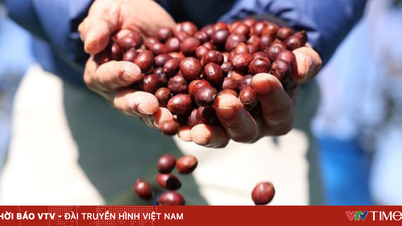














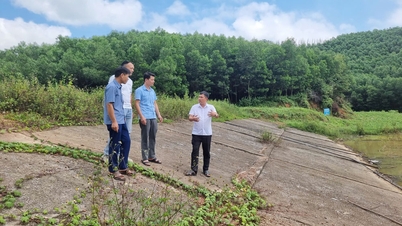








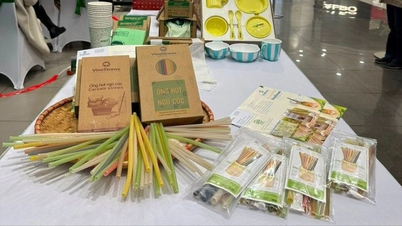
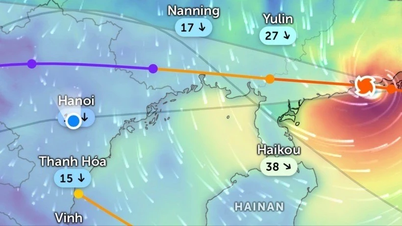
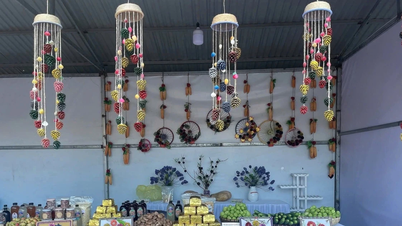
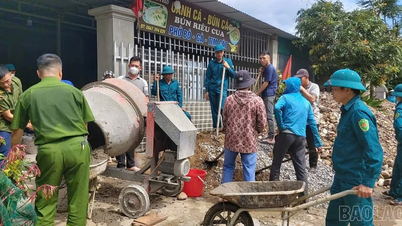
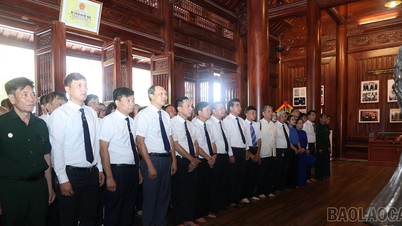
![[Photo] Editor-in-Chief of Nhan Dan Newspaper Le Quoc Minh received the working delegation of Pasaxon Newspaper](https://vphoto.vietnam.vn/thumb/1200x675/vietnam/resource/IMAGE/2025/9/23/da79369d8d2849318c3fe8e792f4ce16)












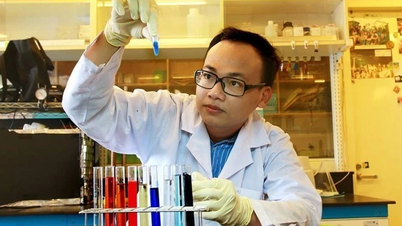






















![[Photo] Solemn opening of the 1st Congress of Party Delegates of Central Party Agencies](https://vphoto.vietnam.vn/thumb/402x226/vietnam/resource/IMAGE/2025/9/24/82a89e250d4d43cbb6fcb312f21c5dd4)





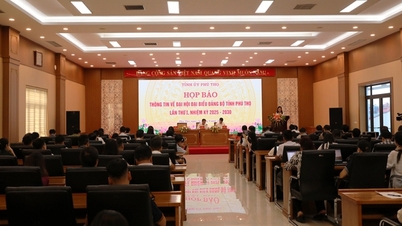

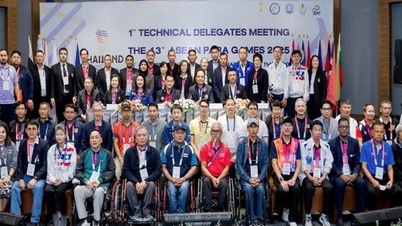

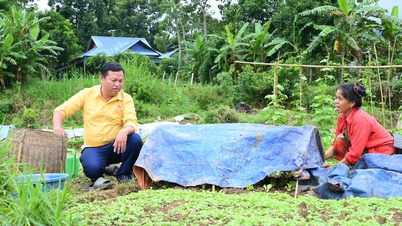

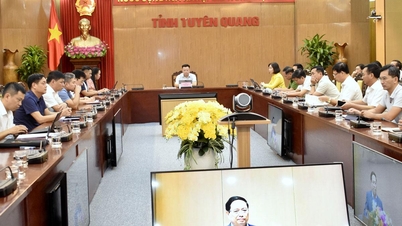






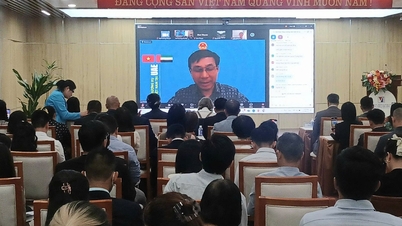











Comment (0)